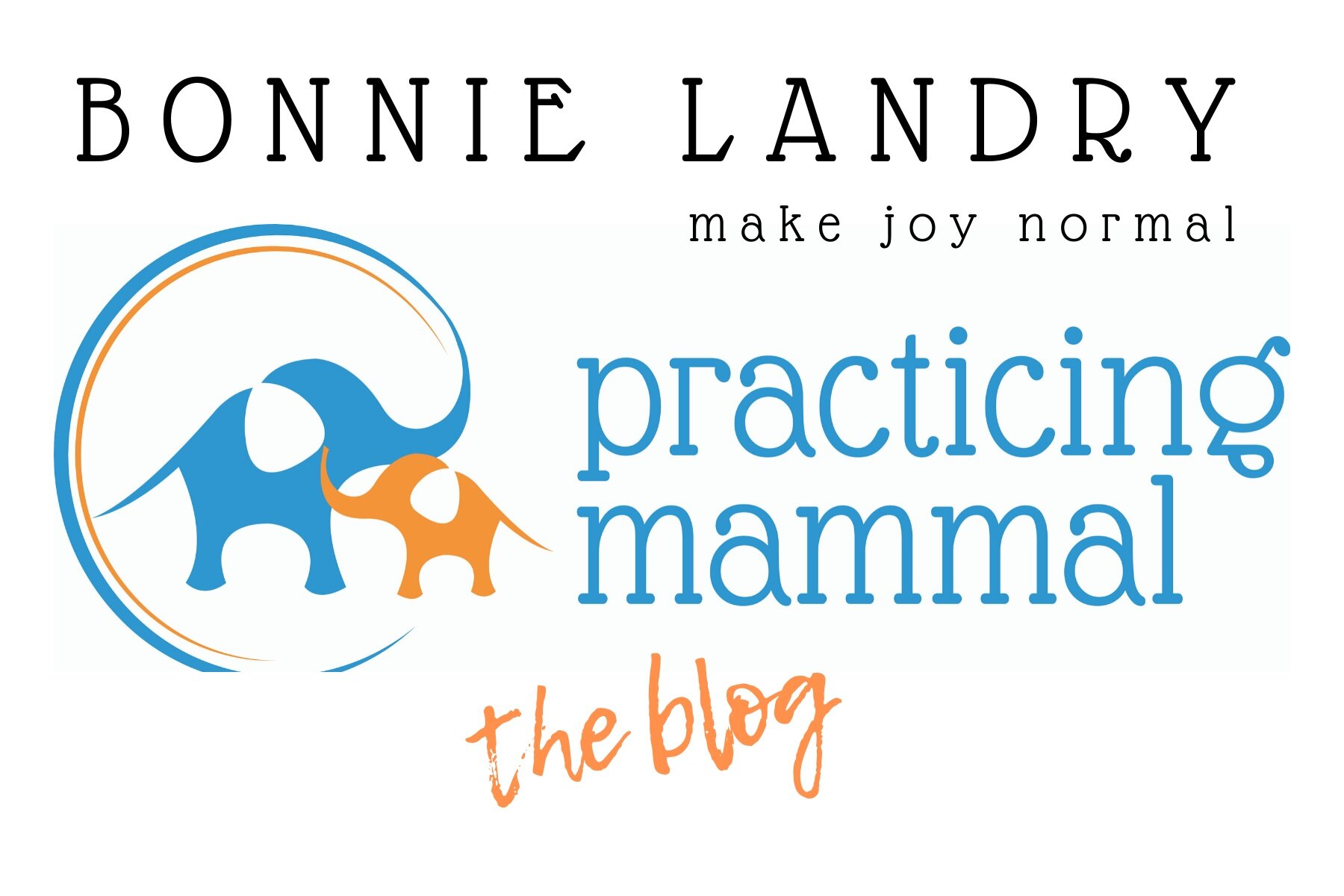conversation, after lunch
During and after lunch, we are talking about war. We’re reading about the World Wars, and it just so happens that this afternoon’s topic is about Lieutenant Colonel John McCrae; soldier, surgeon, wordsmith. He is, of course, the Canadian author of In Flanders Fields.
In Flanders fields the poppies blow
Between the crosses, row on row,
That mark our place; and in the sky
The larks, still bravely singing, fly
Scarce heard amid the guns below.
We are the Dead. Short days ago
We lived, felt dawn, saw sunset glow,
Loved and were loved, and now we lie
In Flanders fields.
Take up our quarrel with the foe:
To you from failing hands we throw
The torch; be yours to hold it high.
If ye break faith with us who die
We shall not sleep, though poppies grow
In Flanders fields.
A poem written after the death of a comrade during WWI, a poem that would move nations, move hearts, and move generations to come. I cannot read it without my voice breaking. In the short biography we read, even without attempting to read the poem aloud, I’m choking back tears. We know John McCrae’s story. How many stories do we not know? How many soldiers, surgeons and wordsmiths whose words were not canonized and still bringing us to tears are remembered by their loved ones in their dusty pictures?
And, near the end of this tearful encounter with love and loss, the phone rings.
It’s for the son.
Son: hey, mom. Are we doing anything tonight that is important or involves me?
Me: No, I don’t think so.
Son (to person on phone): Yes, we can play games in our basement tonight.
Me: that is not what I said.
Son: well, you inferred it.
Me: You are taking my words out of context.
Daughter: Actually, he’s putting words in your mouth, and then taking them out of context.
Me: That’s very funny.
Comic relief.

